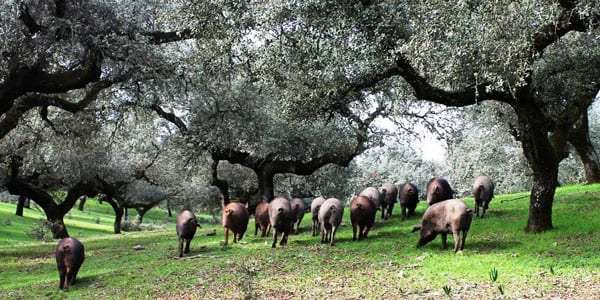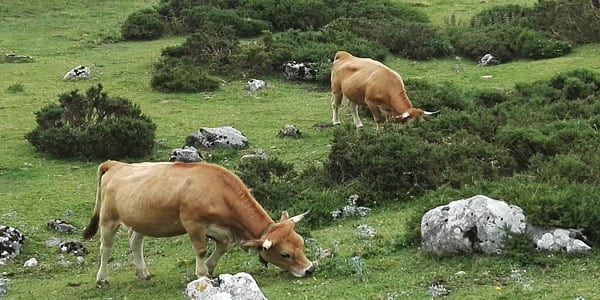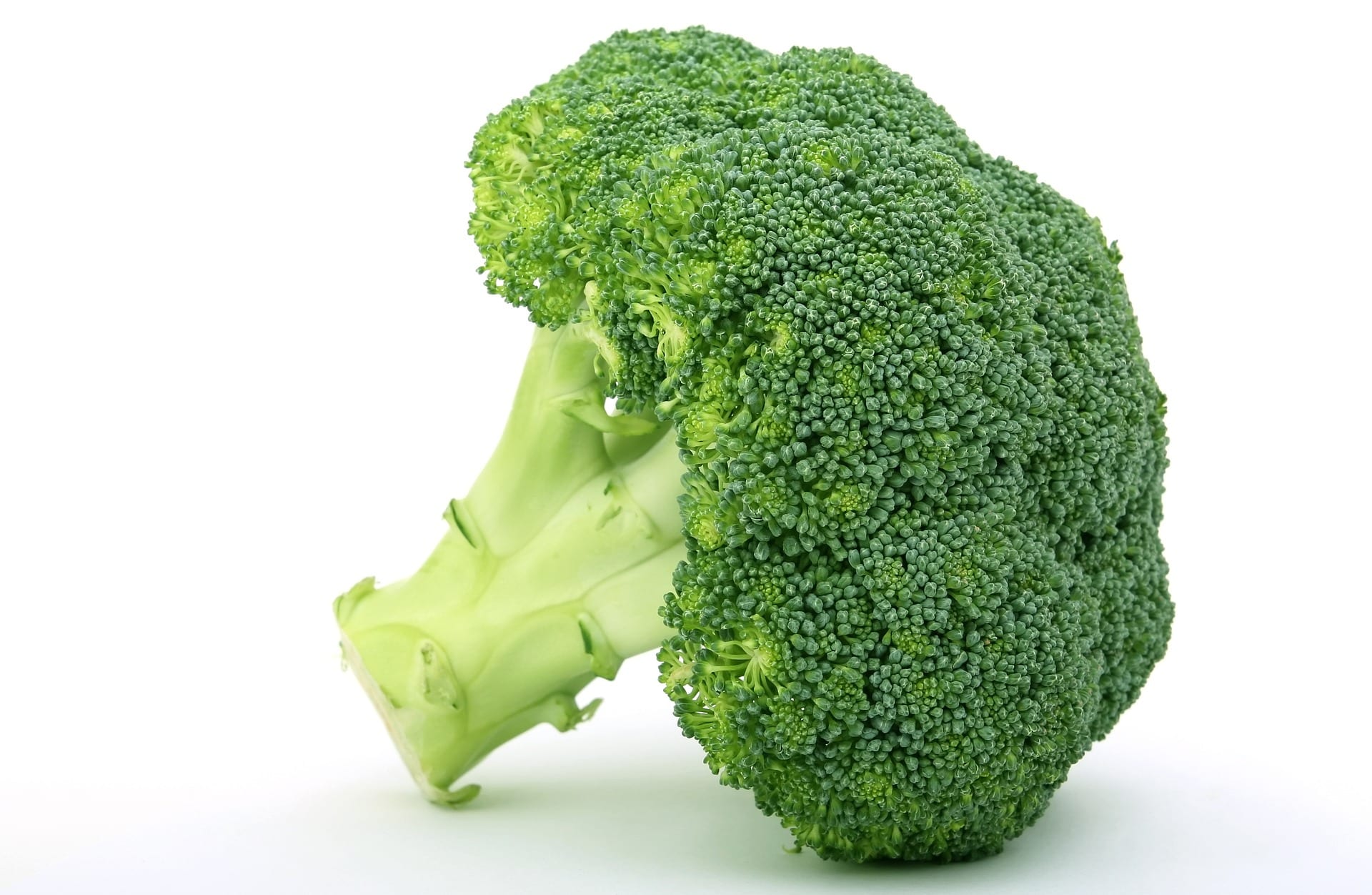News of the food scams and scams, but without a doubt, it is not the same to suffer an economic scam than to put in health risk of people. We are going to see the most frequent deceptions in this article.
Spain is one of the countries of the European Union (EU) with more fraud in various foods. They are produced in many of the products we consume on a daily basis. The olive oil, Jamon, la miel, milk, fish, coffee, the and eggs they are targets of scammers.
One of the main problems is deficient labeled with words that do not clarify where the food comes from. Words like homemade, natural or simply photographs of free range chickens or grazing cows can lead us to be confused.
Main food fraud and scams
The ham
In the case of ham we have recently come across labeling fraud, specifically in marketed products at a very low price who were expired or in very bad condition. There have been cases of food poisoning serious. Photographs of the pasture are often used when the pigs that appear in them have never stepped on it. There is also deception when the pigs, even in the montanera, are fed with industrial feed.
All this without entering the constant controversy of the sector, as it uses a regulation that allows labeling as Iberian when it is not 100%. It is increasingly difficult to know the real percentage that they own of this type of pig.

Oil
At oil olive we meet extra virgin oils when they are simply virgins. There are also scams with the origin and oil blends of different origins. In the last EU report you can see some of the aforementioned cases.
Fish
Another big problem of food scams and scams with health risk. Frequently a type of fish is marketed that is not the one marked on the label. They are usually of the same species, as is usually the halibut, who sell it or serve as sole, or the owl as turbot. This is a sale of illegal fishing that many times for this reason does not comply with the cold chain. Thus, our health is put at risk.
There is also the scam of Red tuna when it is not and is simply dyed to increase its market value. Some of these cases are very well illustrated in a Telemadrid report about food fraud. We recommend you to see it to know more about this specific case with a highly valued fish.
Honey
For problems in the labeling regulations, honey is the source of many scams. There are cases where it is labeled as european honey when in fact it has a very small percentage of this origin. There are honeys that are a mixture of syrups and molasses that are sold like honey to very low price. This is a long-standing producer complaint because the labels hardly give information to the consumer.

Other problems are the use of words like "animal welfare" o "Happy chickens" together with photographs of meadows and chickens in the wild. These nomenclatures are not in any regulation and lead to the Confusion in many cases. There is no doubting the intention of improve quality of the product by the industry. But it confuses many consumers by associating itself with non-real images. They end up being also food scams and scams, Athough it does not seems.
It is important to highlight the problem of entry of many foods into the EU by bilateral trade agreements with third countries. In these, the regulations of the pesticide use It is different from the European one and some prohibited ones are used in Europe. Cases such as the use of fipronil in poultry or some pesticides in Citrus are clear examples.
Undoubtedly, there is no zero risk and it is impossible to control 100% all feeding. However, better labeling and management control are necessary. On the part of the consumer, it is highly advisable to buy in places of trust, of known origin and be demanding with quality. Everything to avoid buying products from scams and scams in food.






